
Faculty of the DK CIM
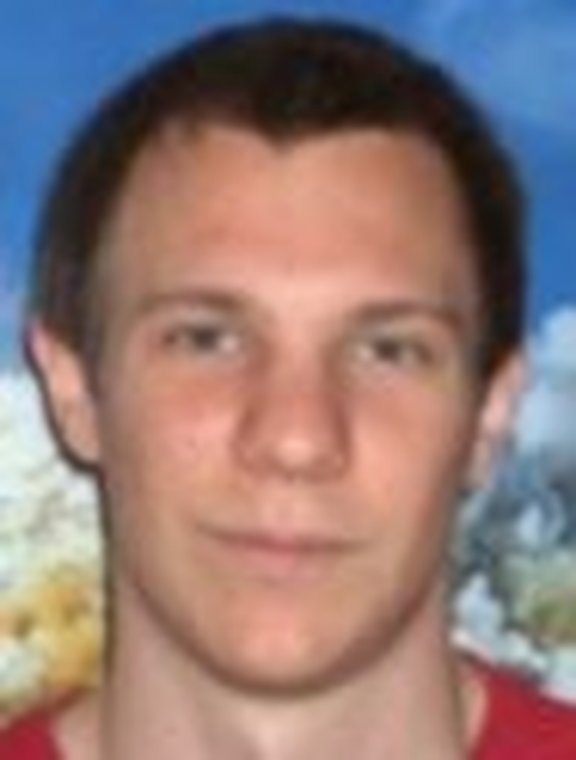
Univ. Prof. Dipl.-Ing. Lukas Einkemmer, BSc MSc PhD, Speaker
Department of Mathematics
Research area(s): Numerical Analysis, Scientific & High performance computing, complexity reduction, dynamical low-rank approximation
Personal webpage
Students: Pranab Jyoti Deka, Julian Mangott
Lukas Einkemmer is professor at the Department of Mathematics at the University of Innsbruck. He is a member of the Numerical Analysis Group with research interests in numerical analysis and scientific computing, focusing on: Time integration of partial differential equations, splitting methods, exponential integrators, parallelization and scalability, and applications in physics.
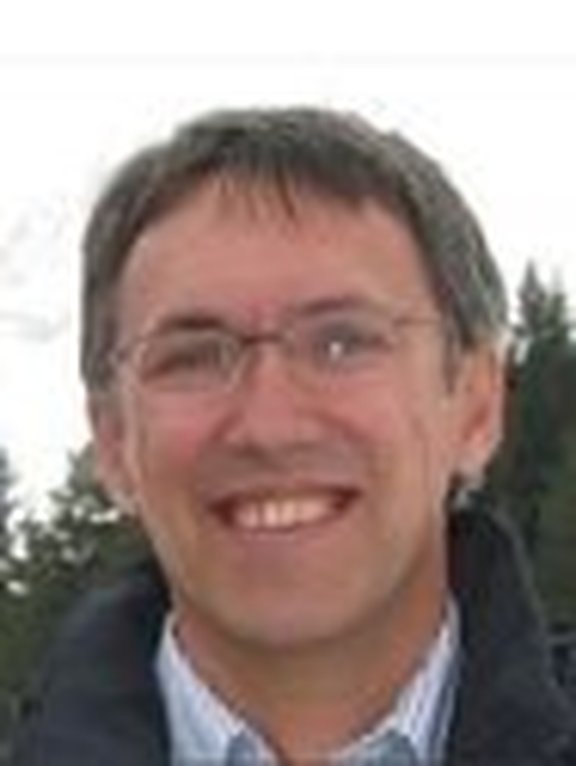
Univ.-Prof. Dr. Alexander Ostermann, Deputy Speaker
Deapartment of Mathematics
Research area(s): Numerical Analysis
Personal Webpage
Students: Trung Hau Hoang, Lun Ji
Alumni: Tobias Hell, Antti Koskela, Vu Thai Luan, Martina Prugger, Chiara Piazzola, Mirko Residori
Alexander Ostermann is head of the Department of Mathematics, chair of the Numerical Analysis Group and head of the Research Area Scientific Computing. His research interests include numerical analysis and scientific computing, in particular: time integration of partial differential equations, exponential integrators, splitting methods, engineering mathematics, sensitivity analysis, and geometry.
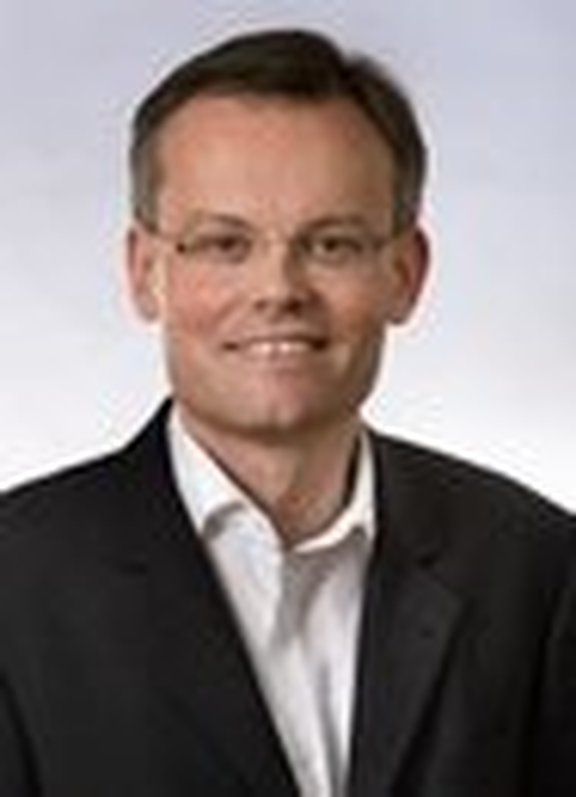
Univ.-Prof. Dr. Christoph Adam
Department of Basic Sciences in Engineering Sciences
Research area(s): Computational Mechanics, Dynamics
Personal webpage
Students: Johannes Burtscher, Natasha Hirschfeldt
Alumni: Konstantinos Tsalouchidis, Maximilian Schmitter, Lukas Moschen, Styliani Tsantaki
Christoph Adam is professor of Applied Mechanics and head of the Unit of Applied Mechanics at the University of Innsbruck. His research interests include seismic safety of structures, modeling of linear and non-linear structures subjected to dynamic loads, structural vibration control, vibration propagation in buildings and soil, and vibration measurement and data interpretation in the lab and on-site.
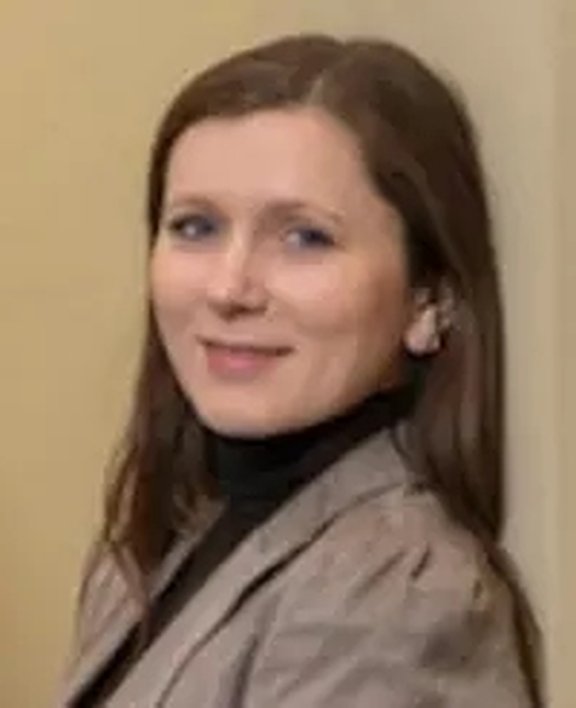
Ass.-Prof. Dr. Nikolina Ban
Department of Atmospheric and Cryospheric Sciences (ACINN)
Research area(s): Mountain Climate at the Kilometre-Scale Resolution
Personal webpage
Students: Currently no PhD student within DK CIM
Nikolina Ban is Assistant Professor at the Department of Atmospheric and Cryospheric Sciences at the University of Innsbruck since 2019. Her research expertise includes high-resolution regional climate modelling (model development, simulations, data processing, analysis) of the Climate and the Water cycle (extreme precipitation, Convection, Clouds, Scaling, Energy and Water budgets, Atmospheric Moisture Fluxes, Snow, Land-atmosphere interactions, Mountain Climate).
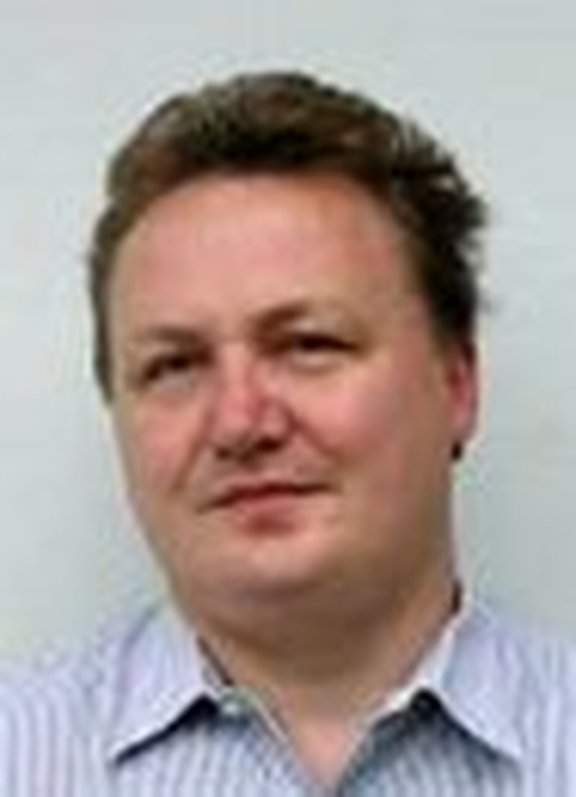
Univ.-Prof. Dr. Thomas Fahringer
Department of Computer Science
Research area(s): High Performance Parallel & Distributed Computing
Personal webpage
Students: Currently no PhD student within DK CIM
Alumni: Klaus Kofler, Ivan Grasso, Philipp Gschwandtner; Peter Zangerl
Thomas Fahringer is professor of at the Department of Computer Science. He is chair of the Distributed and Parallel Systems Group. His research interests are in programming languages, performance tools, debuggers, compiler analysis and program optimisation based on advanced technologies such as genetic algorithms and machine learning.
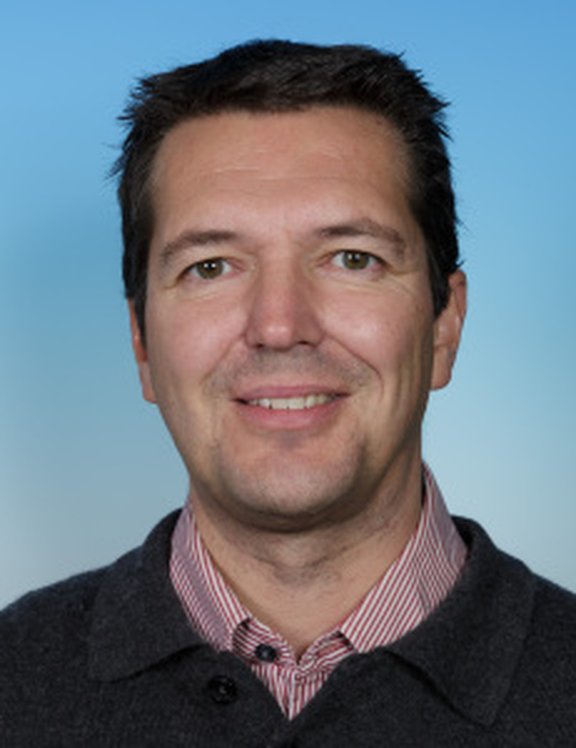
Univ.-Prof. Dr. Thomas Franosch
Department for Theoretical Physics
Research area(s):Theoretical BioNano-Physics
Personal webpage
Students: Abolfazl Ahmadirahmat, Regina Rusch, Robert Schlothauer
Thomas Franosch is professor at the Institute for Theoretical Physics at the University of Innsbruck. His research interests are in complex transport, Brownian motion, active particles, and disordered materials.
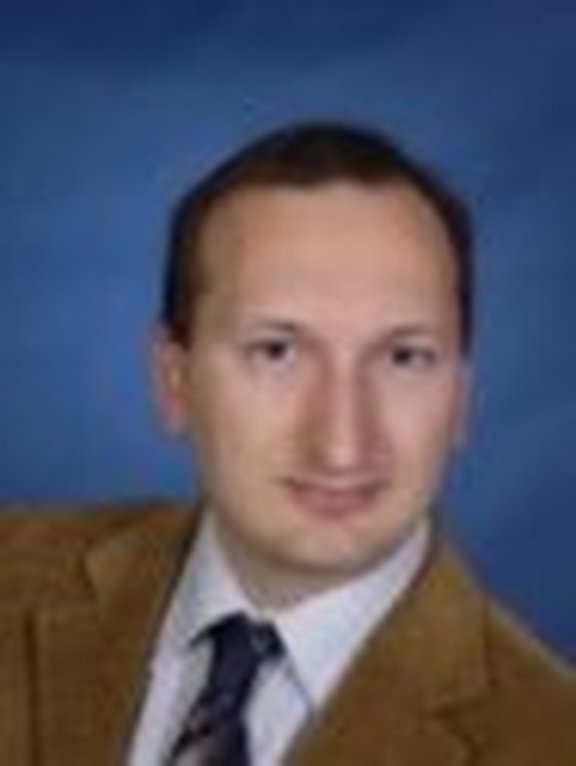
Univ.-Prof. Dipl.-Ing. Dr. Johannes Gerstmayr
Department of Mechatronics
Research area(s): Multibody System Dynamics, Computational Mechanics
Personal webpage
Students: Currently no PhD student within DK CIM
Johannes Gerstmayr is professor at the Department of Mechatronics and head of the Unit of Machine Elements and Design at the University of Innsbruck. His research interests are in efficient simulation techniques for multi-body systems with a focus on the parallelization and vectorization of mechanical systems, relying on Lie group integrators and model reduction.
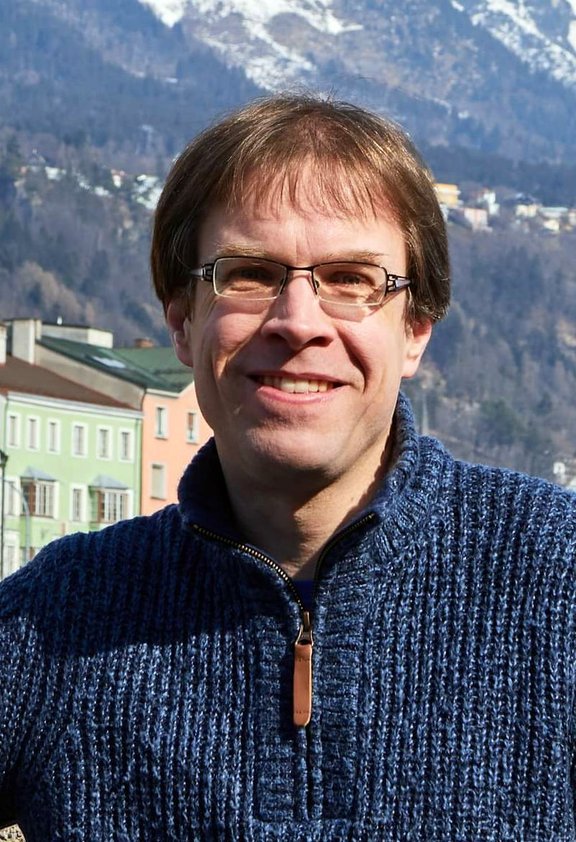
Univ.-Prof. Dr. Heiko Gimperlein
Department of Basic Sciences in Engineering
Research area(s): Numerical analysis, partial differential equations, computational mechanics
Personal webpage
Students: Hieu Hoang
Heiko Gimperlein is professor of Engineering Mathematics and head of the Unit of Engineering Mathematics. His research areas are in numerical analysis, analysis and modeling for partial differential equations, as well as their applications in the engineering and computer sciences.
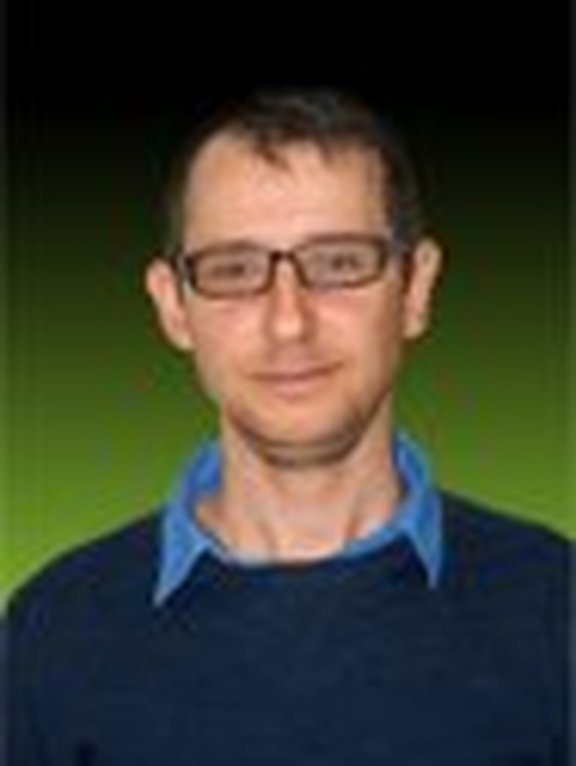
Univ.-Prof. Dr. Markus Haltmeier
Deaprtment of Mathematics
Research area(s): Inverse problems, Parameter Identificiation and Object Recognition
Personal webpage
Students: Daniel Obmann
Alumni: Michael Sandbichler, Simon Rabanser, Johannes Schwab,Stephan Antholzer
The Applied Mathematics Group of Markus Haltmeier at the Department of Mathematics performs interdisciplinary research in the fields of inverse problems, parameter estimation and signal and image processing. Thereby the group focuses on a balance between theoretical analysis and the development of algorithms, which can be applied to real-world applications.

Univ.-Prof. Dr. Matthias Harders
Department of Computer Science
Research area(s): Visualiation and Interaction
Personal webpage
Students: Johannes Sappl (co-supervised by Wolfgang Rauch)
Alumni: Marcel Ritter
Matthias Harders is professor at the Department of Computer Science. In February 2014 he established the Interactive Graphics and Simulation (IGS) group at the University of Innsbruck. The scientific focus of the group is on methods and algorithms in the areas of physically-based simulation, computer haptics and virtual/augmented reality. Further research addresses human-computer interaction and multi-modal data visualisation. The main application area of the developments has so far been in the medical domain.
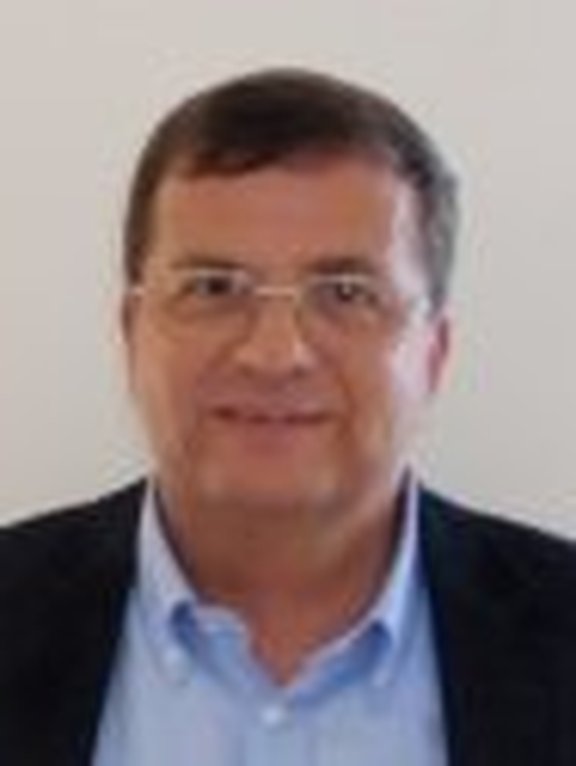
Univ.-Prof. Dr. Günter Hofstetter
Department of Basic Sciences in Engineering Sciences
Research area(s): Computational Mechanics, Soils & Concrete
Personal webpage
Students: Currently no PhD student within DK CIM
Alumni: Matthias Neuner, Magdalena Schreter, Xin Ma, David Unteregger, Mohammad Azadi, Andreas Brugger
Günter Hofstetter is dean of the Faculty of Engineering Sciences and head of the Unit of Strength of Materials and Structural Analysis at the Institute of Basic Sciences in Engineering Science at the University of Innsbruck. The focus of the scientific activities of Günter Hofstetter and his group is on basic and applied research in the fields of structural analysis and strength of materials, and of numerical methods related to these areas. Main emphasis is laid on the development and application of models for numerical simulation of the load-carrying behaviour of structures up to failure and on validation of these models by experimental methods.
In particular, the scientific contributions comprise
- numerical modelling of the nonlinear material behaviour of concrete and of concrete structures, complemented by experimental investigations for validating numerical models,
- experimental investigation and numerical simulation of rehabilitation and strengthening measures of existing concrete structures by adding concrete overlays,
- numerical modelling of the nonlinear material behaviour of intact rock and of rock mass aiming at numerical simulations of the excavation of deep tunnels,
- numerical modelling of partially saturated soils targeted on numerical simulations of geotechnical problems in the framework of multi-phase formulations and,
- technology transfer of research results for solving demanding problems in engineering practice.
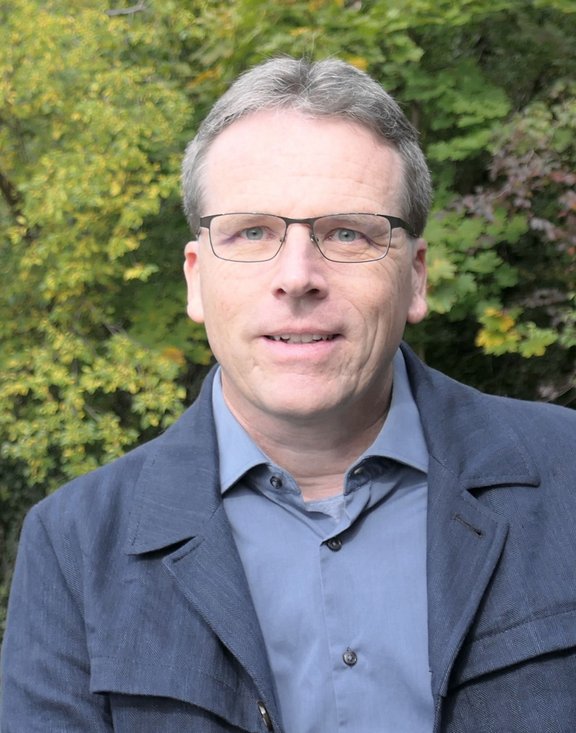
Univ.-Prof. Dr. Alexander Kendl
Department for Ion Physics and Applied Physics
Research area(s): Complex Systems
Personal webpage
Students: Pradeep Balasubramanian, Franz-Ferdinand Locker, Grander Fabian
Alumni: Matthias Wiesenberger
Alexander Kendl is professor at the Institute for Ion Physics and Applied Physics at the University of Innsbruck. His research interests are in nonlinear dynamics, turbulence and structure formation, plasma physics and fusion research, and computational physics.
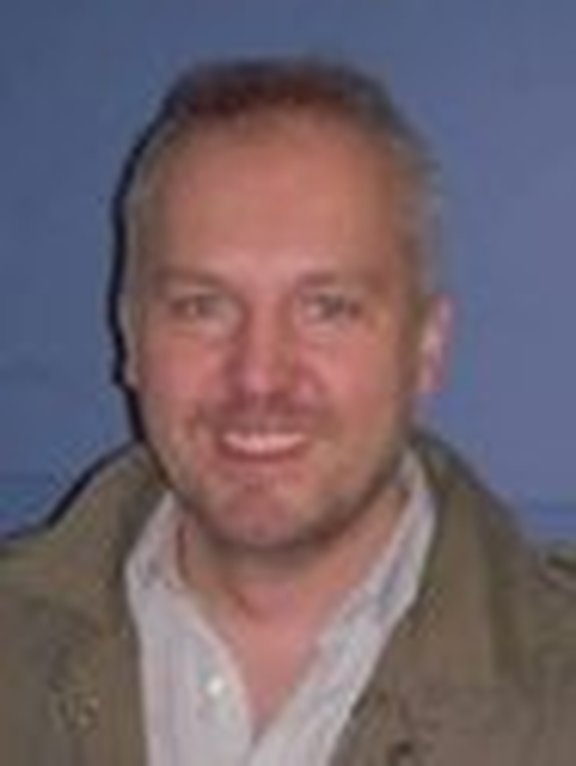
Univ.-Prof. Dr. Roman Lackner
Department of Basic Science and Material Science
Research area(s): Material Technology
Personal webpage
Students: Marc Luger, Mathias Brugger
Alumni: Ulrich Hofer
Roman Lackner is head of the Unit of Material Technology at the Institute for Construction and Material Science at the University of Innsbruck. The focus of the scientific activities of Roman Lackner and his group is on basic and applied research in the field of material mechanics, especially within the framework of multiscale modeling. In particular, the scientific contributions comprise,
- experimental characterization of the material's behavior at different length scales (Roman Lackner is head of the NanoLab at the University of Innsbruck)
- homogenization techniques for upscaling physical material properties involving both analytical and numerical methods
- material optimization both as regards the production process and the in-service performance
- durability analysis of materials when subjected to chemical/physical attack.
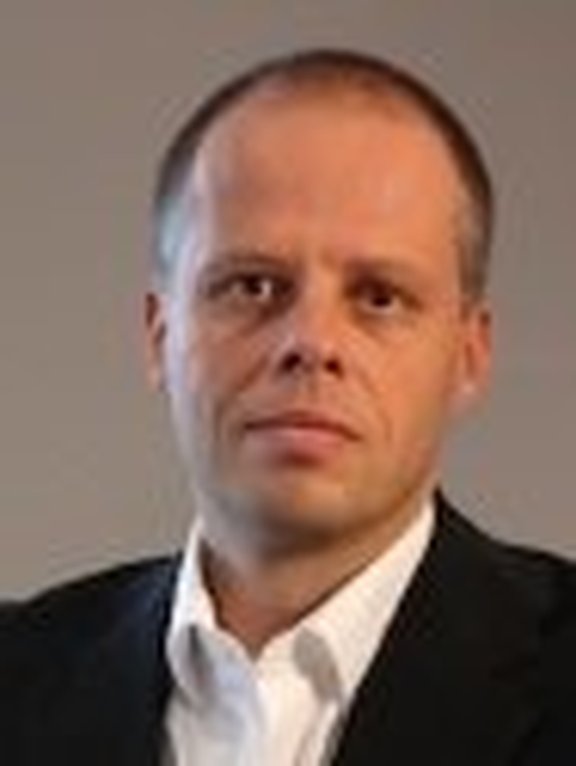
Univ.-Prof. DDr. Klaus Liedl
Department of General, Inorganic and Theoretical Chemistry
Research area(s):Computational Life Sciences
Personal webpage
Students: Currently no PhD student within DK CIM
Alumni: Michael Schauperl, Ursula Kahler, Johannes Kraml
Klaus Liedl and his research group focus on the development and application of computational methods to rationalize and predict chemical and biochemical phenomena at a molecular level. This comprises scientific areas such as molecular dynamics simulations, quantum mechanical calculations and chemo- and bioinformatics. The group both develops molecular force fields and data analysis methods and applies existing methods to explain experimental results and to guide future experiments.
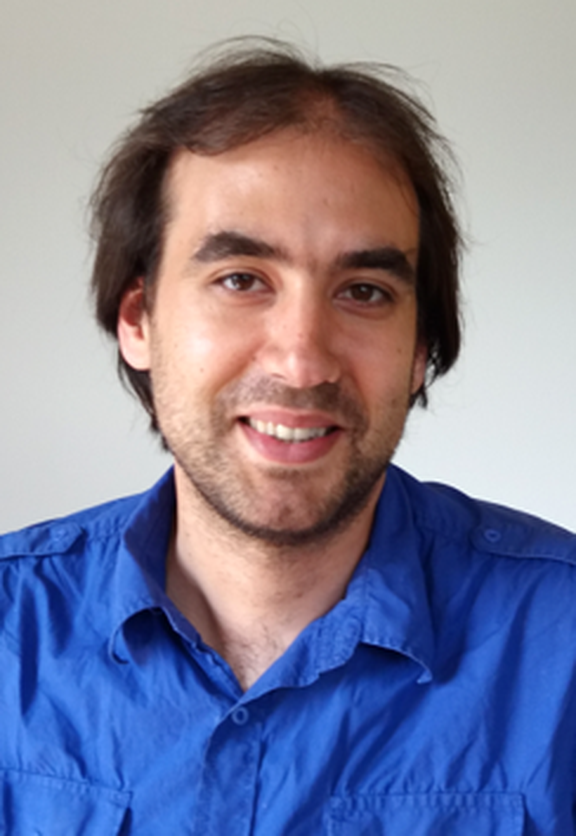
Ass. Prof. Milan Ončák, Ph.D.
Department for Ion Physics and Applied Physics
Research area(s): Quantum Chemistry, Computational Photophysics
Personal webpage
Student: Gabriel Schöpfer
What happens when a molecule interacts with light? How does photochemistry influence processes in the atmosphere, in liquids, in solid state? How do molecules get rid of excess energy when they adsorb a photon? How are molecular spectra influenced by hydration, complexation with other molecules, temperature? In our group, we try to answer these questions using tools of quantum chemistry.

Univ.-Prof. Dr. Michael Probst
Department for Ion Physics and Applied Physics
Research area(s): Computational Chemistry
Curriculum vitae
Students: Jose Romero
Alumni: Stefan Huber, Alexander Kaiser, Lei Chen
Michael Probst is professor at the Institute for Ion Physics and Applied Physics at the University of Innsbruck. His Computational Chemistry and Molecular Physics group investigates properties and reactions of neutral and charged clusters and molecules. His fields of research are: elucidation of reaction mechanisms by combined quantum-(thermo)chemical and molecular dynamical calculations and simulations, visualisation methods, metastable anions, electro- and physical chemistry of electrolytes.
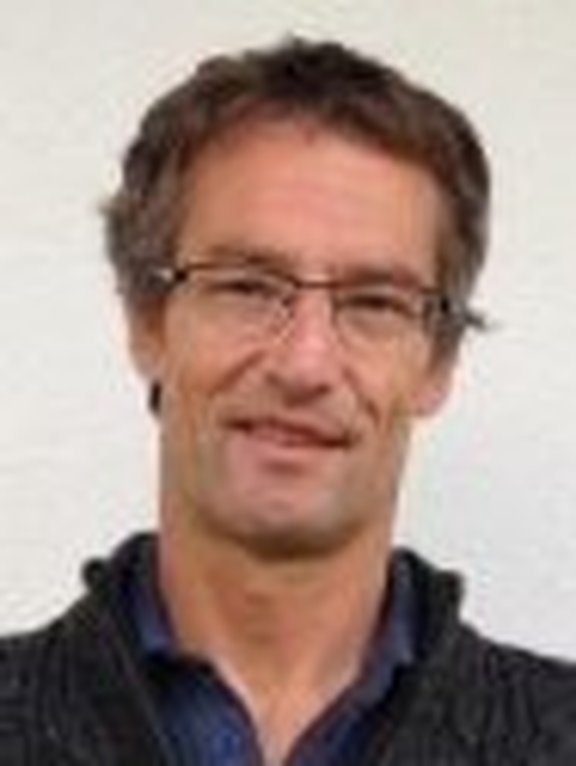
Univ.-Prof. Dr. Wolfgang Rauch
Department of Infrastructure Engineering
Research area(s): Smoothed Particle Hydrodynamics in Urban Water Systems
Personal webpage
Students: Johannes Sappl, Saroush Dabiri, Prashant Kumar, Hannes Schenk
Alumni: Daniel Winkler
Wolfgang Rauch is professor at the Institute of Infrastructure Engineering. His research focus lies on smoothed particle hydrodynamics, which is an applied and established computational fluid dynamics (CFD) technology in other disciplines (e.g. astrophysics), whereas the technology has currently not been applied in urban water engineering. Problematic issues are the large computational burden of the method and the numerical stability of the code in connection with multiphase problems.
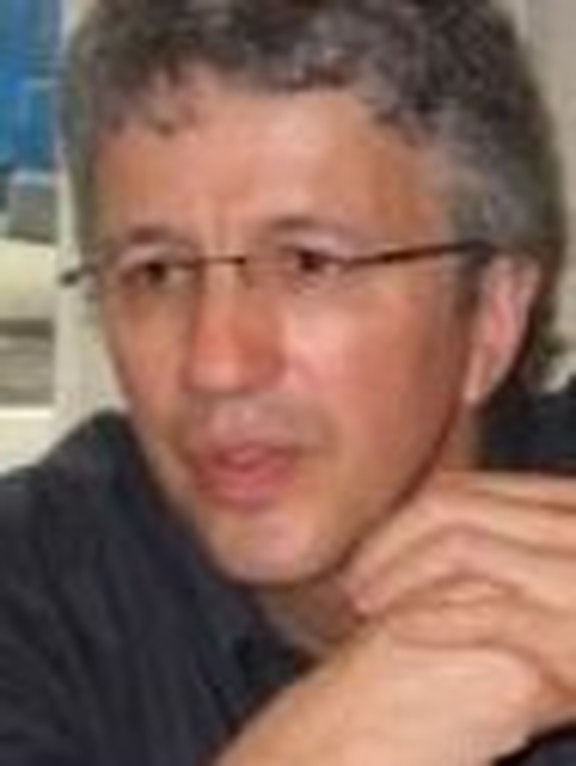
Univ.-Prof. Dr. Mathias Rotach
Department for Atmospheric and Cryospheric Sciences
Research area(s): Atmospheric Modelling
Personal webpage
Students: Mathias Göbel
Alumni: Brigitta Goger, Hetal Dabhi
Mathias Rotach is professor at the Institute of Atmospheric and Cryospheric Sciences. One of the major research areas at this is atmospheric numerical modelling. Themes are in both short-term (weather) and long-term (climate) modelling. As an overarching goal the members of the institute aim at a better understanding of atmospheric exchange processes over mountainous terrain. For the statistical downscaling of coarse-resolution climate information (what the global centres presently can provide) for point applications the team presently plans to develop a so-called ‘weather generator’ for which in many instances spatial correlations of meteorological parameters are required.
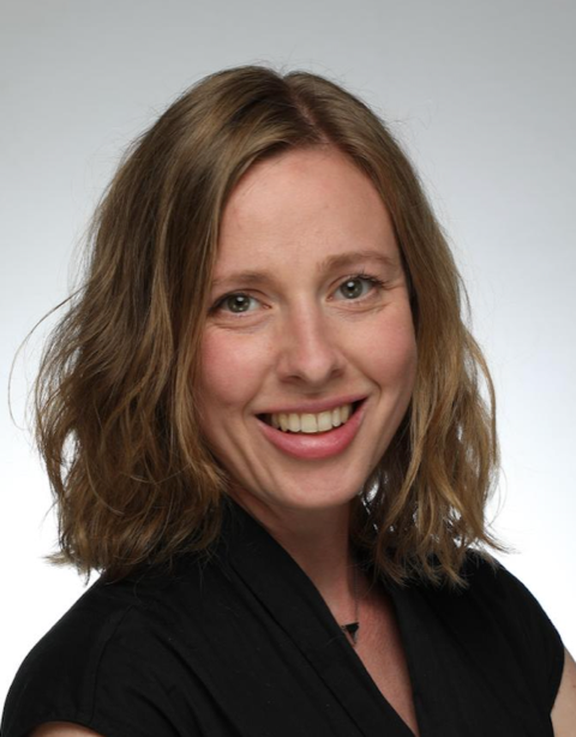
Univ.-Prof. Mag. Dr. Birgit Maria Schörkhuber
Department of Mathematics
Research area(s): Analysis of Partial Differential Equations
Personal webpage
Students: Currently no PhD student within DK CIM
Lukas Einkemmer is professor at the Department of Mathematics at the University of Innsbruck. He is a member of the Numerical Analysis Group with research interests in numerical analysis and scientific computing, focusing on: Time integration of partial differential equations, splitting methods, exponential integrators, parallelization and scalability, and applications in physics.
Former Faculty Members
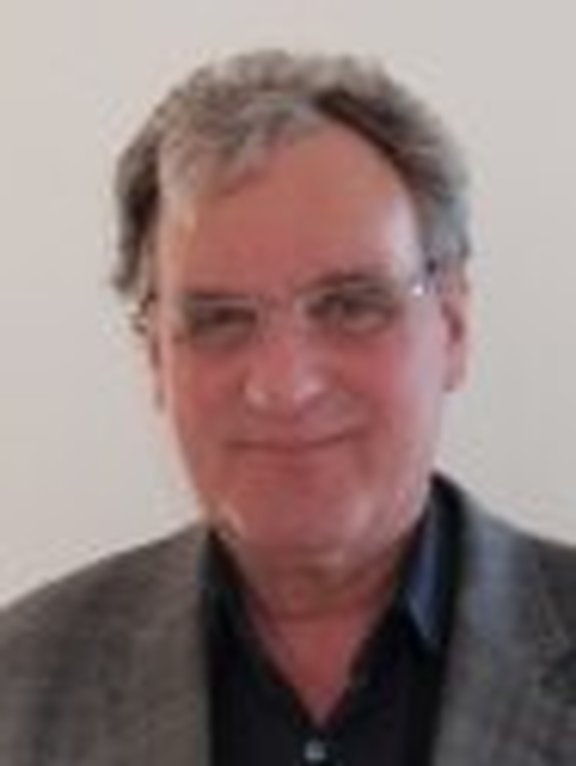
Univ.-Prof. Dr. Michael Oberguggenberger
Department of Basic Sciences in Engineering Sciences
Research area(s): Engineering Mathematics
Personal webpage
Alumni: Martin Schwarz, Vincent De Groof, Lukas Wurzer, Jelena Karakasevic
Michael Oberguggenberger is professor of Engineering Mathematics and head of the Unit of Engineering Mathematics at the Faculty of Civil Engineering, University of Innsbruck. His research areas are partial differential equations, generalized functions, stochastic analysis, imprecise probability theory, risk and reliability, Monte Carlo simulations, engineering mathematics.
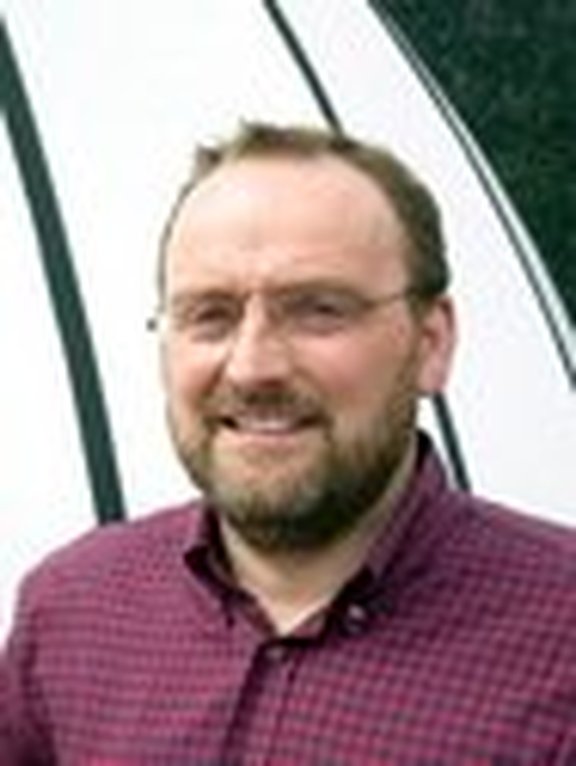
Univ.-Prof. Dr. Stefan Kimeswenger
Department for Astro- and Particle Physics
Research area(s):Stellar Astrophysics
Personal webpage
Alumni: Silvia Öttl
Stefan Kimeswenger is professor of astrophysics at the University of Innsbruck. His research intrests are in the field of stellar and galactic astrophysics. His focus is on extreme phases of late stages of stars.
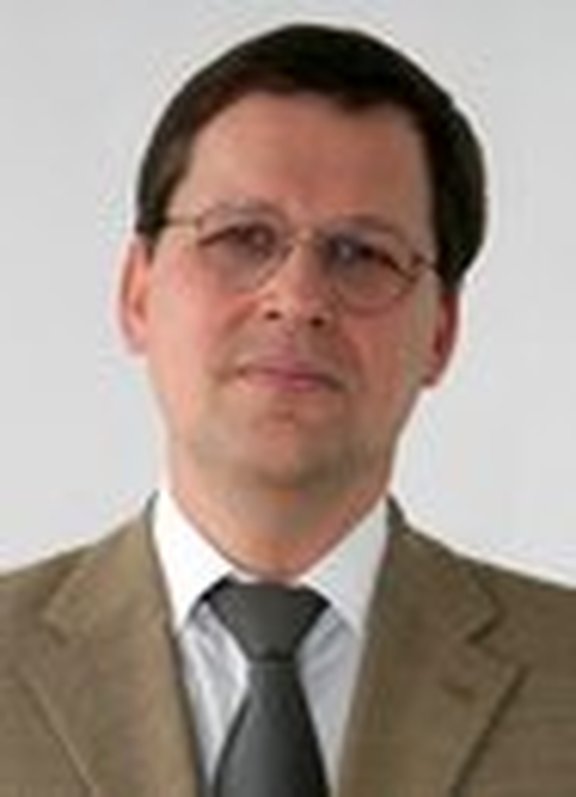
Univ.-Prof. Dr. Olaf Reimer
Department for Astro- and Particle Physics
Research area(s): Astroparticle Physics
Personal webpage
Alumni: Klaus Reitberger, Michael Werner
Olaf Reimer is professor for experimental astro- and particle physics and head of the Unit of Astroparticle Physics at the University of Innsbruck. His research interests are in the field of high energy astro- and particle physics, in particular cosmic ray interactions, propagation and acceleration by means of gamma-ray astrophysics.
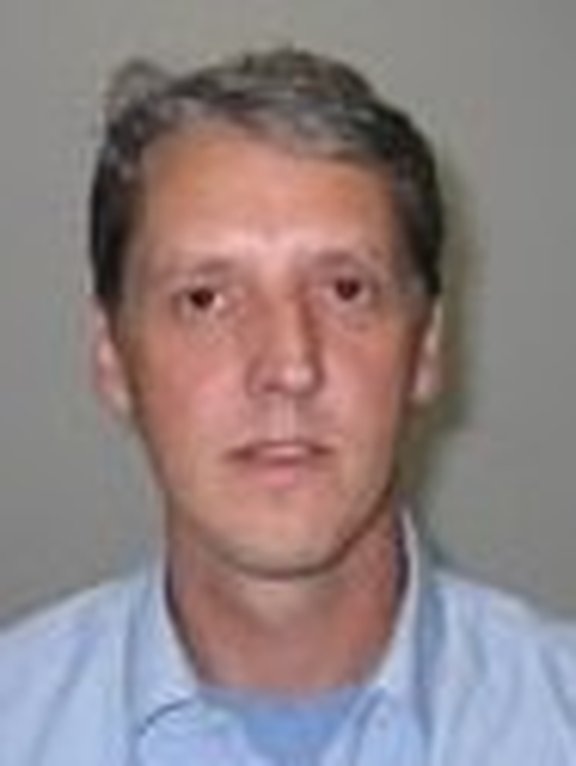
Univ.-Prof. Dr. Rainer Schubert
UMIT - Institute for Biomedical Imaging
Research area(s): Image Analysis, Image Based Shape Modelling and Simulation
Personal webpage
Almuni: Patrik Raudaschl
Rainer Schubert ist professor at the UMIT, the health and life science university. The main focus of the research activities of his biomedical image analysis group are methods for statistical modelling of physiological and pathological distribution of shape variation of biological structures and their application on automated analysis/diagnosis and therapy simulation and planning of unseen images. In detail these objective comprises research on methods and algorithms for image preprocessing/ enhancement, segmentation, elastic registration and statistical analysis of 3/4d image populations which need computional expensive methods e.g. solving variational and invers problems, statistical analysis of high dimensional vector fields, or iterative optimization of non linear transformations.
Honorary Member
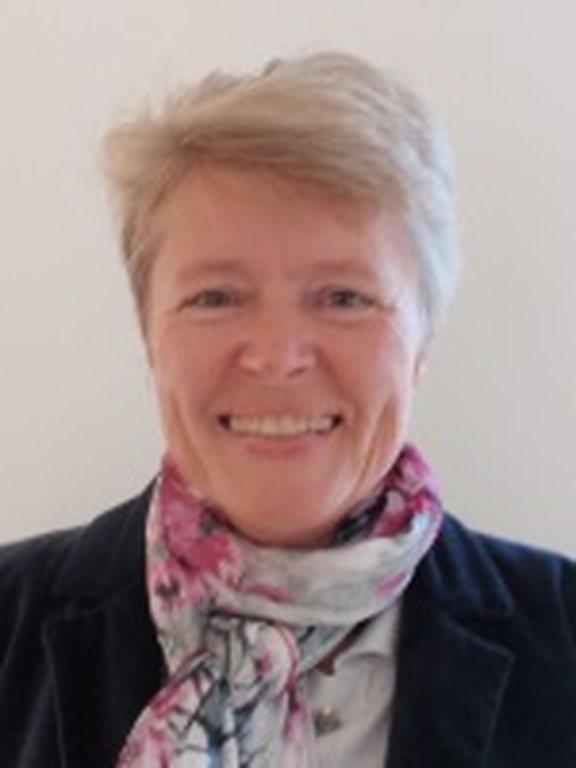
Univ.-Prof. Dr. Sabine Schindler
Rector of the UMIT
Reserach area(s): Extragalactic Astrophysics
Personal Webpage
Alumni: Markus Haider, Harald Höller, Dominik Steinhauser, Lars Hunger
Sabine Schindler is professor of Astrophysics at the University of Innsbruck. She is the Vize Rector of Research at the University of Innsbruck. She is working in the field of the evolution of galaxies and galaxy clusters. Galaxies and large accumulations of hundreds of galaxies – so-called galaxy clusters – which interact in various ways. The gas contained in galaxies, as well as the gas filling the space between the galaxies in a cluster (intra-cluster gas) is strongly affected by these interactions. For example, as the galaxy is moving through the intra-cluster gas the gas within the galaxy feels the pressure and is stripped off. Gas loss in a galaxy means that no new stars can be formed anymore. Hence the galaxy will have a more and more aged stellar population, while the stripped gas can form stars behind the galaxy. Furthermore, the gas that is stripped off the galaxy is enriched with heavy elements, e.g. iron. This iron enriched gas is then mixed with the intra-cluster gas and hence changes its composition. In this way the distribution of iron enriched gas can trace where and how efficiently previous interactions have taken place. Such kind of interaction processes and the resulting evolution of galaxies and galaxy cluster are studied by numerical simulations and by observations with the largest telescopes.
